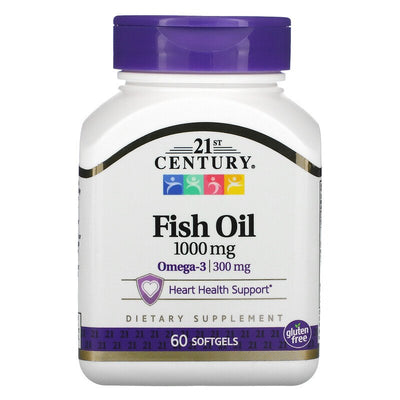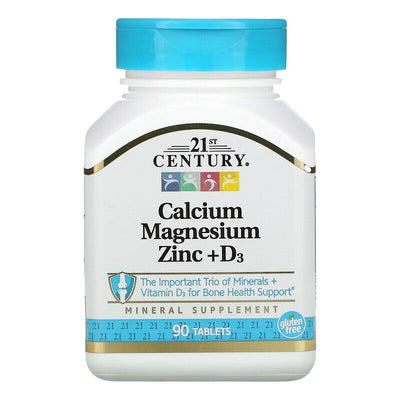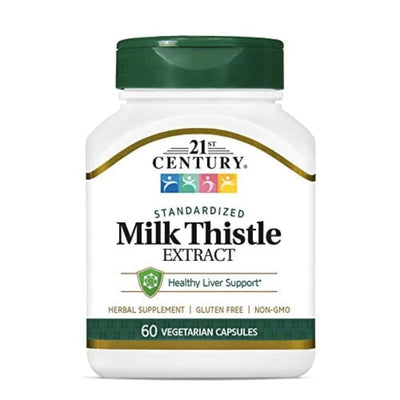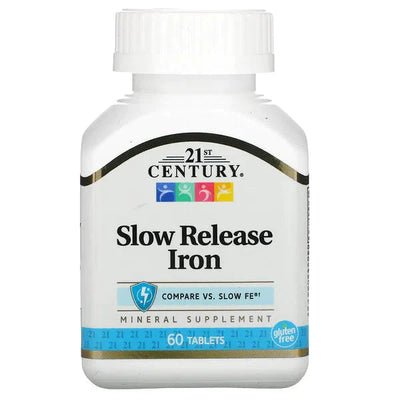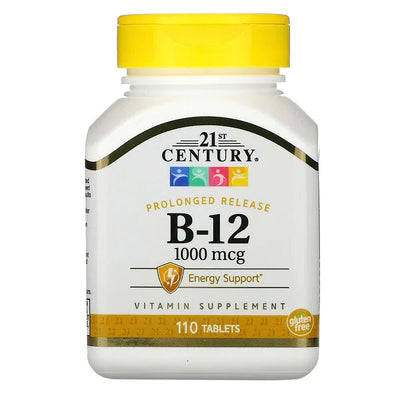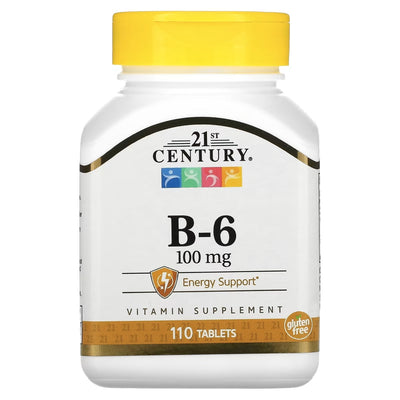
BCAA Myths Debunked: Separating Fact from Fiction
Myth 1: BCAAs Are Only for Bodybuilders
Fact: While it's true that BCAAs are popular among bodybuilders, they benefit anyone involved in regular physical activity. BCAAs can help improve endurance, reduce fatigue, and speed up recovery, making them useful for athletes, runners, cyclists, and fitness enthusiasts looking to optimize their performance and recovery.
Myth 2: BCAAs Lead to Muscle Gain on Their Own
Fact: BCAAs are not a magic solution for muscle gain. They are most effective when used as part of a broader nutritional and exercise strategy. While BCAAs do stimulate muscle protein synthesis, actual muscle growth requires consistent strength training and a diet that supports hypertrophy. BCAAs are a supplement to enhance the effects of your training regimen, not a substitute for it.
Myth 3: BCAAs Can Replace a Meal
Fact: BCAAs are not a complete protein source and should not be used as a meal replacement. They contain only three of the nine essential amino acids needed by the body. A well-balanced meal includes all essential amino acids, along with other nutrients that BCAAs alone cannot provide. They are best used to supplement a balanced diet, not replace it.
Myth 4: More BCAAs Mean Better Results
Fact: There is a limit to how much your body can utilize BCAAs effectively at one time. Consuming excessive amounts does not lead to better results and can be a waste of money. The recommended dose varies, but most studies suggest that 10-20 grams per day is sufficient to see benefits. More importantly, timing the intake of BCAAs around workouts can optimize their effectiveness.
Myth 5: BCAAs Are Completely Free of Side Effects
Fact: While BCAAs are generally safe and side effects are rare, they are not completely devoid of potential adverse effects. Overconsumption of BCAAs can lead to fatigue, loss of coordination, nausea, and headaches. Additionally, because BCAAs metabolize in the muscles, not the liver, they should be used cautiously in individuals with liver disease.
Myth 6: You Don't Need BCAAs If You Eat Enough Protein
Fact: While it's true that you can get BCAAs from high-quality protein sources in your diet, supplementation can be beneficial in certain scenarios, such as during caloric deficits, intense training periods, or for vegetarians and vegans who might find it challenging to obtain sufficient BCAAs through diet alone.
Conclusion
BCAAs are a valuable supplement for many people looking to enhance their fitness results, but it's important to approach them with realistic expectations and proper knowledge. Understanding what BCAAs can and cannot do will help you use them effectively as part of your broader fitness and nutrition strategy. As with any supplement, it's wise to consult with a healthcare provider or a nutritionist to ensure BCAAs are a suitable addition to your diet, especially if you have pre-existing health conditions.









